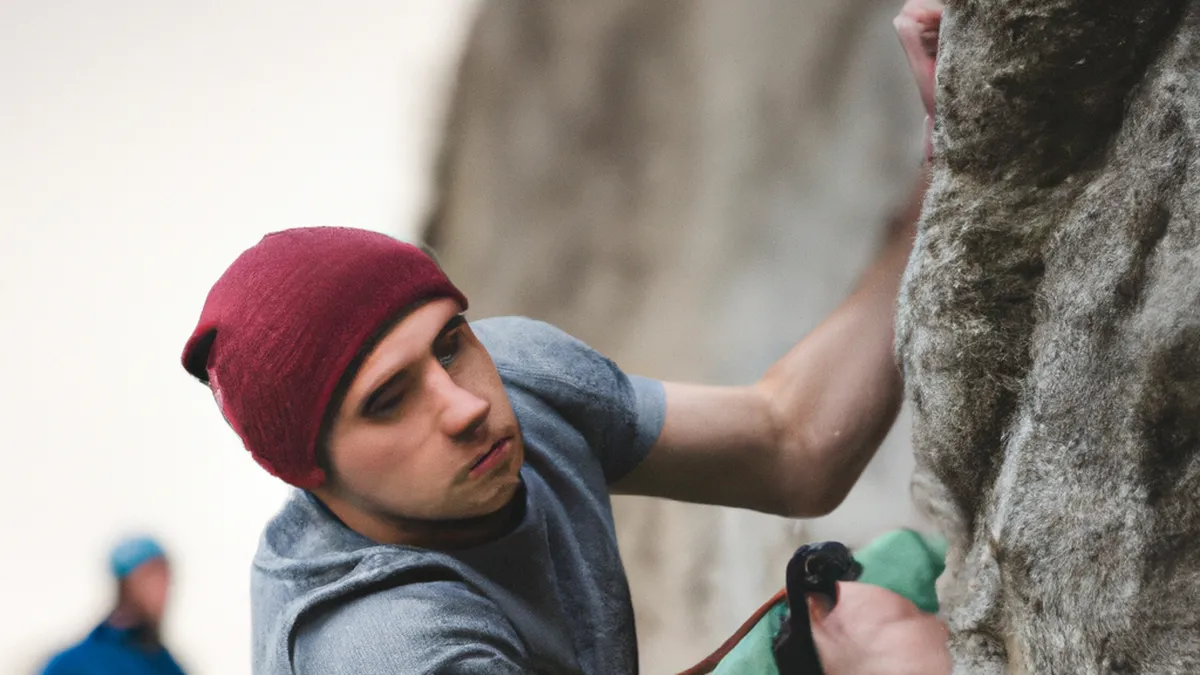Choose Wisely: Weather and Climbing Safety
Evaluating Weather Conditions for Optimal Climbing Decisions
As an Amazon Associate I earn from qualifying purchases.
Gear tip: consider assessing, ankle resistance bands and ankle braces to support this workout.
Climbing provides thrilling adventures and stunning views, but weather risks can arise. Understanding weather forecasts enhances your climbing experience. This post offers tips for making informed climbing decisions based on weather conditions, ensuring safety and enjoyment.
Understanding Weather Forecasts
Before your climb, check reliable weather sources. Various websites and apps offer forecasts, including temperature, wind speed, humidity, and precipitation. Many climbers use specialized weather services that provide detailed reports for specific areas. Local climbing forums and social media groups also offer real-time updates from fellow climbers.
Temperature and Climbing
Temperature significantly affects your climbing experience. Warm weather softens rock faces, increasing rockfall risks and affecting climbing holds. Cold temperatures can lead to ice formation, making climbing more challenging and dangerous.
High temperatures can cause excessive sweating, leading to dehydration and fatigue. Climbing in heat can wear out gear and impact climbing shoe performance. Extremely cold conditions can numb fingers and toes, making grip and gear manipulation difficult.
To ensure safety, avoid climbing in extreme temperatures. Plan climbs early in the morning or later in the afternoon when temperatures are milder. Always carry enough water and snacks to stay hydrated and energized.
Wind and Its Impact
Wind can greatly affect climbing conditions, especially in exposed areas. High winds can destabilize climbers and dislodge rocks, creating dangerous situations. They make it challenging to maintain balance and control, particularly on technical routes.
Wind chill can make cold conditions feel even colder. Check wind speeds and potential gusts when assessing wind conditions. If forecasts predict gusty winds exceeding 20 mph, postpone your trip or choose a sheltered climbing location. Always prioritize safety, especially in high-altitude or exposed areas.
Assessing Precipitation Risks
Rain and snow can drastically change climbing conditions. Wet rock increases the risk of slips and falls, making climbing dangerous. Rain can also lead to flash floods in certain areas, particularly in canyons. Always check the probability of precipitation before making climbing plans.
Snow and Ice Considerations
If you plan to climb in winter or high-altitude areas with snow, consider snow and ice. Fresh snow can hide hazards like rocks and crevices, leading to accidents. Ice climbing can be thrilling but also carries risks.
Conclusion
In summary, understanding weather conditions enhances climbing safety and enjoyment. Always evaluate forecasts before your climb.
Below are related products based on this post:
FAQ
What are the key weather factors to consider before going climbing?
Before your climb, it’s essential to check reliable weather forecasts that include temperature, wind speed, humidity, and precipitation. These factors can significantly impact climbing conditions and safety.
How does temperature affect climbing performance and safety?
Temperature can influence climbing by affecting rock conditions and climber safety. Warm weather can soften rock faces, increasing the risk of rockfall, while cold temperatures can lead to ice formation, making climbs more challenging. It’s advisable to avoid extreme temperatures and plan climbs during milder parts of the day.
Why is it important to monitor wind conditions when climbing?
Wind can destabilize climbers and cause rocks to dislodge, creating dangerous situations, especially in exposed areas. High wind speeds can also increase the risk of falls. It’s crucial to check wind forecasts and choose sheltered locations or postpone climbs if gusts exceed 20 mph.















Post Comment